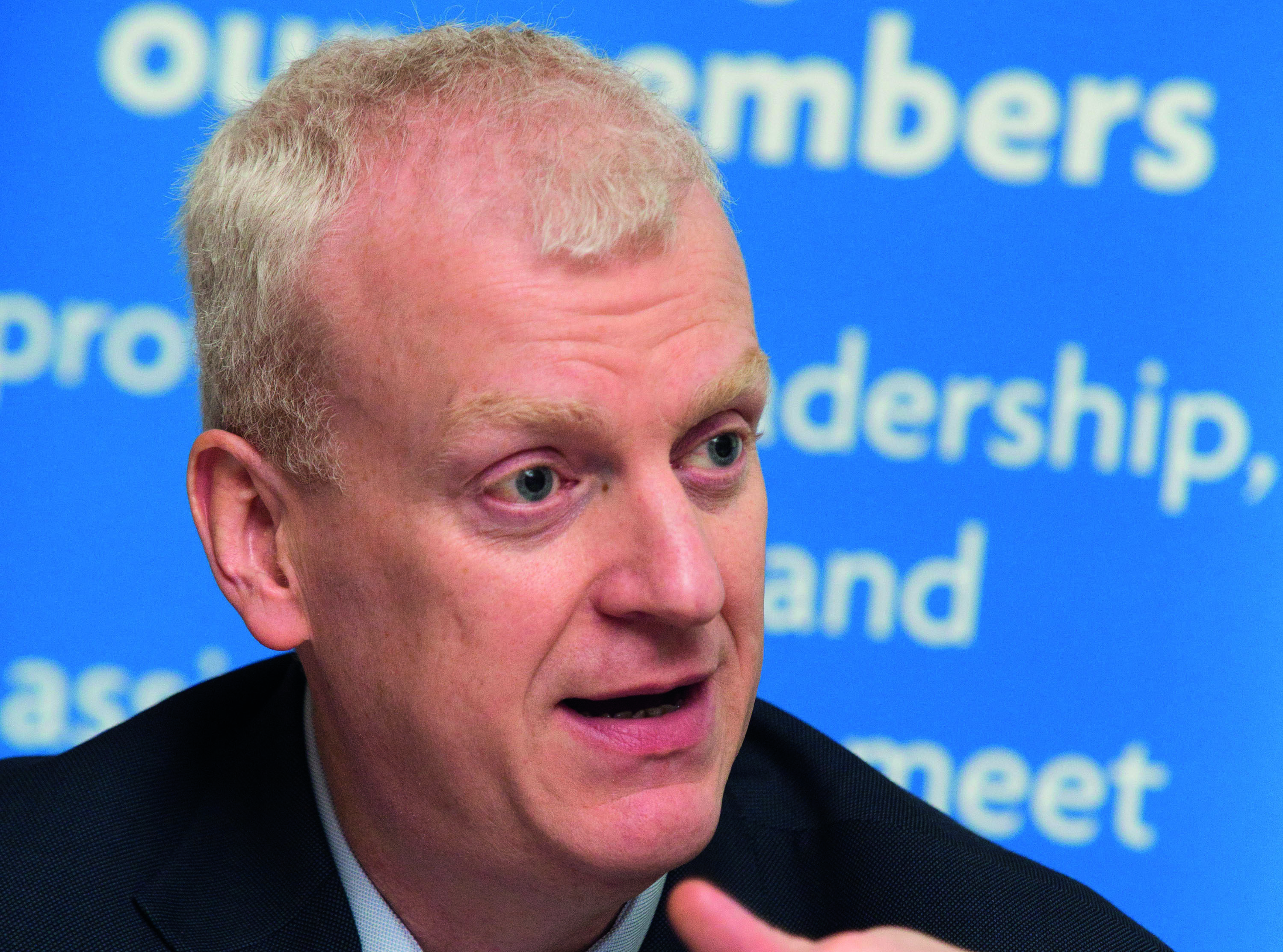Britain’s biggest banks are passing on the costs of falling profits and low interest rates to credit unions.
Some of the UK’s top banks, which haven’t recovered their level of profitability since the 2008 financial crisis, provide banking operations for credit unions. With this in mind, and a record low Bank of England interest rate of 0.25%, credit unions are starting to receive additional costs.
Matt Bland, policy manager at the Association of British Credit Unions (Abcul), the trade body representing credit unions across Britain, confirmed that “low interest rates and pressured bank profitability” are causing banks to review its charges.
Leeds Credit Union, which banks with the Co-operative Bank, is one of those that has noticed a significant increase. This year alone, its charges will climb by £20,000, but a spokesman says it will be able to manage the increase.

A spokesman for the Co-operative Bank said it remains a “significant supporter” of the credit union sector as it provides banking facilities for more credit unions than any other bank.
While it cannot comment specifically on Leeds Credit Union, the spokesman said: “We do review banking arrangements with customers to ensure that the fees and charges on accounts are fair for the facilities that the customer uses.”
Mr Bland said that in spite of the Bank’s recent increases, the organisation has been a “huge and long-standing” supporter to credit unions, which have “benefited greatly from this support”.
He added: “We plan on engaging constructively with the bank on charging policy following recent events and having received representations from members.”
Dawn Vear, operations manager and company secretary at UKCreditUnions (UKCU), another trade body, says nearly all its member credit unions have been adversely affected by the increase in bank charges over the past 18 months. “The costs are variable depending on the bank itself and the number of transactions the credit union undertake,” she says.
Related: How credit unions are helping members save as they borrow
The Co-operative Bank is just the latest to review charges. A spokesman for Unity Trust says the bank simplified its account structure and revised prices last June.
He added: “Consistent with our culture, Unity is focused on ensuring customers are treated in a fair and consistent way and the bank is able to maintain the high level of service that our customers expect.”

Abcul has played a role in facilitating relationships between banks and credit unions for transactional and investment account services, plus it also engages with the Payments System Regulator, while chief executive Mark Lyonette sits on the Payments Strategy Forum.
“We are encouraged by various aspects of this work, which is moving in the direction of making banking and payments more accessible for the likes of credit unions and enhancing the rights and protections that credit unions and other similar organisations that access payments indirectly enjoy,” added Mr Bland.
Dealing with increased charges
“The power of working together to acquire scale and to enhance bargaining power,” is one strategy, said Mr Bland. “We are constantly encouraging credit unions to work together more closely in order to rise to the business model and user expectation challenges that they face. Bank charges are an obvious area in which credit unions could achieve more negotiating in collaboration.”
Dawn Vear said: “The best advice would be for them to approach every bank they can and speak to them all, discuss their needs and hopefully negotiate lower charges.”
Graham Tomlin of Credit Union Solutions, an organisation providing services to credit unions, explained that, in general, any increased charges are consistent with increased activity as membership grows. He advises credit unions to show their discontent.
“Make an official complaint, it takes up their time, and at least it registers dissatisfaction,” he said.
Changing banks
Switching to another bank can be an option for credit unions. However, the process can be a very complex one, particularly if the credit union provides a greater transactional service to its members.
Abcul has been engaging with the British Bankers’ Association around the de-risking phenomenon and how this has impacted credit union access to banking and payments services. UKCU has also discussed the increase in banking charges with the BBA.
Related: Central Bank of Ireland is reviewing credit union regulations
However, the association can only advise their members about the problems they are causing credit unions by not allowing them to open accounts.
Mr Tomlinson also adds that changing banks could be a “massive disruptor” and “would be avoided if at all possible”.
“Changing banks usually means hassle because the directors of each client credit union would need to agree and sign the forms etc,” he explains.
Long-term sustainability
Rising costs are not the most pressing challenge for credit unions. According to Matt Bland, for long-term sustainability, credit unions need to boost their income and address the fall in lending and ageing membership.
Some are already doing this by forming new partnerships to lend online. Last year, credit unions joined the Affordable Loans portal partnership, designed to make it easier for people with poor or no credit rating to access affordable loans from responsible lenders.

The partnership includes Scotcash, Scotwest Credit Union, Manchester Credit Union, Leeds Credit Union and Five Lamps, and has the backing of the Cabinet Office, credit score experts Experian and Responsible Finance (formerly the CDFA). One of the partners in the project, Asda is hosting the portal, enabling customers to go directly to the Affordable Loans website to get a quote via Asda Money.
Another online initiative is CULoans, a joint marketing platform enabling credit unions to provide loans between £500 and £15,000. Customers sign a membership agreement at the same time as the loan agreement, helping to boost membership for credit unions.
Abcul is also working to enable credit unions to diversify services offered to members. In 2013, the trade body set up Cornerstone Mutual Services as a subsidiary to provide services for its members, including back office support. All credit unions involved in the programme committed to the same operating model, underpinned by mobile and digital technologies and straight through processing that will allow payments to happen quickly.

